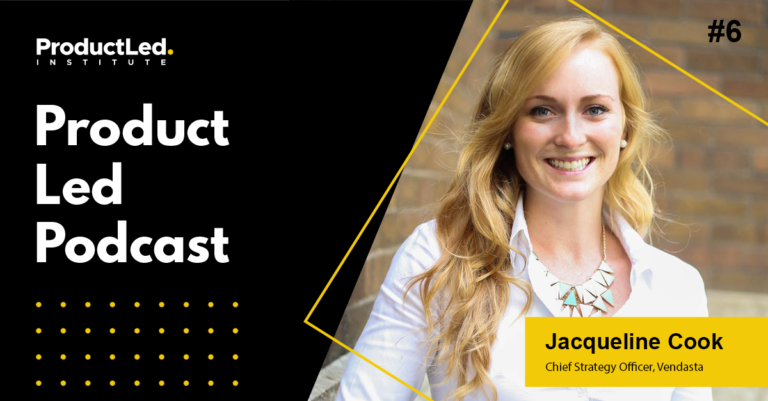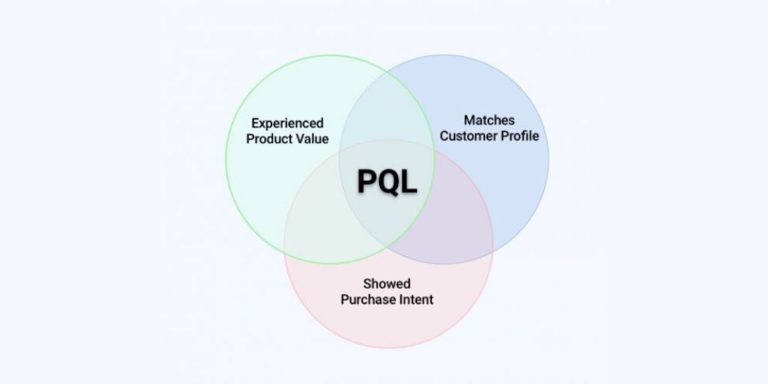You can get a good education and read the bestselling SaaS books, but nothing beats real-life experience when it comes to building a high-impact career as a Growth leader.
In this article, I give you helpful insights about decision-making, where to go for help, must-have skills as a growth leader, and much more.
Here’s the knowledge I wish I received when I was starting in Growth:
- Skills Every Growth Leader Should Master.
- Starting a New Growth Job? Here Are Two Tips.
- When It’s Time to Look For a New Job.
- Books That Have Impacted My Career.
- Find a Mentor if You Feel Stuck.
- Advice for Growth Career Newbies.
To get started, I want to outline how each job has led me down a career in Growth. By doing so, I hope to show you that each job is a new learning opportunity.
My Journey.
For myself, Growth was the only career move that logically made sense. In college, I majored in marketing. I gravitated towards the analytical side of marketing because I wasn’t creative enough.
In 2008, I got my first job at an ad agency called Digitas. The experience was my introduction to how companies make strategic decisions. For example, one of our clients started their December end-of-the-year campaign in November. They spent one million dollars running versions of a banner ad campaign with different creatives like Mickey, Pluto, and Donald Duck, as well as testing various landing pages. After figuring out what did (and didn’t) work, the company would spend 22 million dollars on their December campaign based on data that had already proven successful.
Then, I worked at HubSpot. Here I started using data to help smaller customers make better decisions and work through challenges. Some companies did A/B testing, but mostly I did basic data collection and analysis.
Next, I was hired at Wistia. It wasn’t until I started working at Wistia that I realized what I was doing using data, A/B testing, and experimentation layered on with customer research was “growth.” The company had a huge audience and the goal was to get more conversions, more free accounts, more sales, etc. I started doing a lot of experimentation, and that evolved into a Growth team.
My first few years at Wistia were awesome. There was constant high-impact learning, breaking through plateaus, and getting big wins. Over time big wins transitioned to incremental growth. Ultimately, I left Wistia because I wanted to work at another company that had the potential to become a high-volume business.
Next, I was the Head of Growth at Postscript. The company was at an early stage of growth, but had product-market fit and exciting levels of growth every month. I’m motivated by learning and scale, and working at Postscript had plenty of both. I had a blast there.
Today, I am the founder of Delivering Value where I use my background working in Growth to serve the growth community. I offer 1:1 coaching for growth roles, advising for product-led teams, and have some digital products to help people advance their careers.
Skills Every Growth Leader Should Master.
I’ve worked in Growth at B2B SaaS startups for more than 13 years. From my experience, product growth managers excel when they:
- Are customer-oriented: You need to be obsessed with helping customers and product users. Growth is about understanding what value is and then delivering that value in creative ways and removing blockers to it. If you're fixated on helping customers, then you’re motivated to understand their pain points.
- Have a learner’s mindset: Consumer behavior, the market, and technology are continuously changing in Growth. There's always an opportunity to learn. To succeed as a Growth Leader, you should want to understand why consumers do what they do and ask tough questions.
How can you adopt a learner’s mindset? Start by questioning assumptions.
- Why is an action or task done a certain way?
- Why is this the right way to do it?
- From a company perspective, why does everybody else do the same task? Is it because it's effective or is everybody else just doing the same thing because no one else knows what to do and they're just copycatting each other?
- Are team players: Finding the right answer is a big part of working in Growth. As part of this team effort, you shouldn’t care about always being right or basking in the glory of thinking up a winning idea to overcome a growth hurdle. In short, a Growth Leader needs to be selfless when it comes to how they achieve success.
- Are analytical: On the tactical side, it helps to have analytical skills, such as A/B testing and statistical significance.
- Are good project managers: You need to be skilled at working cross-functionally on the product or marketing side. A good project manager understands how to identify friction points.
- Are exceptional communicators: You talk with your Growth team about the nitty-gritty. On the flip side, you also need to effectively communicate a different depth of content to company executives.
Starting a New Growth Job? Here Are Two Tips.
The following advice is for anyone starting a Growth job.
Tip #1: Understand how the company makes decisions.
Companies may not do something because it doesn’t fit with their operating principles or core set of values. The decision-making process is not always clearly defined and it’s up to you to figure it out.
Tip 2. Don’t jump into tactics before you’ve started developing your strategy.
Oftentimes people with the best of intentions rush into projects, tactics, or programs because they want to make a quick impact. This happens when someone starts a new role; they’ve been a high performer in a previous job and they get going too fast without focusing on the right problems.
Without real knowledge of how the business works and what the levers are, a person in Growth just runs from project to project without making a big impact. They don’t have all the information to prioritize properly.
When It’s Time to Look For a New Job.
If you do a good job in Growth, you should eventually work yourself out of a job.
At some point when you've run tons of experiments and worked in the same funnel for a long time and it makes sense to move outside of what you already know. A new job is a great way to challenge yourself and an opportunity to learn about working in an environment at a different scale.
This looks different for everyone, but I typically know it’s time for me to move on when I've stopped growing at the rate that I'd like.
Books That Have Impacted My Career.
I enjoy reading books that help you level up your professional and personal life. A few books that I recommend include:
- Radical Candor: Be a Kick-Ass Boss Without Losing Your Humanity by Kim Scott. This book categorizes the performance and growth potential of each employee as either superstar mode or rock-star mode. People in superstar mode need to be challenged and grow from new opportunities. I’m transitioning into a rock-star phase in my career because I’m a new dad; I want to do really good work and then clock out at 5:15 pm and have a life outside of work.
- Leadership and Self-Deception by The Arbinger Institute. The book is about being a good leader and manager by investing and viewing people as people and not as objects to get tasks done. It talks about applications in life as well as in work.
- Eleven Rings: The Soul of Success by Phil Jackson. I meditate every day and I try to practice gratitude and mindfulness as part of my daily life. For me, it was really interesting to read the book and see how Phil Jackson was able to integrate being a sports coach while staying true to his roots and sort of his foundations, which is also rooted in gratitude and mindfulness.
Find a Mentor If You Feel Stuck.
Finding a mentor or hiring a professional coach can be one of the most beneficial decisions you make outside of formal education.
Get the most out of the mentorship by approaching it with purpose. Ask yourself why you need a mentor. Are you trying to advance your career? Do you want to overcome a specific problem? Do you know what success looks like?
The most beneficial mentor-mentee relationship focuses on a specific topic so the mentor isn’t left guessing how to best help.
It's helpful to find a mentor that you already know because they’re more likely to invest in you. Doing so also makes it easier to be vulnerable and have honest conversations.
If you have a hard time finding a mentor, look for an individual with the skills or knowledge you desire.
Advice for Growth Career Newbies.
I recommend focusing more on learning frameworks versus tactics when you’re just starting in Growth. You can solve a couple of problems if you learn a tactic. But if you learn a framework, you have a way to solve almost every problem or certainly many more problems than just tactics.
My second piece of advice is to stress that you don’t have to have all the answers when you’re starting. Early on I thought I should know everything about Growth. I was afraid to take risks and I ran small experiments because I didn't want to be wrong.
Building a career as a Growth Leader is about being vulnerable and taking chances. If I could go back, I would think bigger, earlier, and not be scared to mess up.









